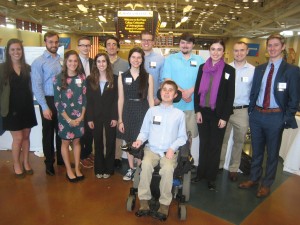By Alex Piper, ’17
Ever since I was a kid, museums have been a point of fascination for me. I used to beg my parents to take my across the country to a certain museum or explain to my friends in nauseating detail about my favorite museums and exhibits. When it came time to look for an internship in the Fall of 2015, Dr. Baer directed me towards the Gerald R. Ford museum. As a History and Political Science double major, this internship program played to both of my interests while providing important and necessary work experience.
Like many people, I had a limited knowledge of Gerald Ford and his rise to the presidency in the mid 1970’s.
Working in the museum gave me a hands-on way to learn about President Ford and the historical context of the country he presided over while also learning the technical side of museums.
At the museum, I worked as a Collections Management intern under the Registrar, Jamie Draper. Jamie had an extensive knowledge of how museums work, but also knew so much about Gerald Ford and his life. One of my favorite parts of the internship was my ability to openly ask questions anything in the museum and learn so much from Jamie.
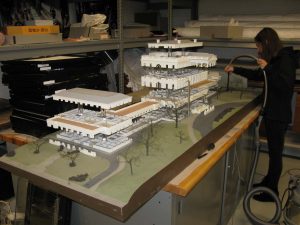 The main part of my internship consisted of doing behind the scenes work in Artifact Collections. This included basic photography, artifact cleaning and numbering, encapsulation, building custom storage mounts, accessioning, and cleaning up old records.
The main part of my internship consisted of doing behind the scenes work in Artifact Collections. This included basic photography, artifact cleaning and numbering, encapsulation, building custom storage mounts, accessioning, and cleaning up old records.
One of my favorite projects included handling a donated collection of over 150 Bicentennial items. This collection included lunch boxes, cooking supplies, pop cans, toys, and other objects celebrating America’s 200th birthday. 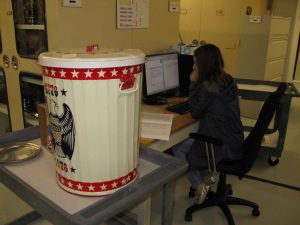 Prior to working with the artifacts, I had not realized how significant the Bicentennial was for Americans at the time. Jamie helped me to understand that it was important for Americans to celebrate two hundred years of freedom and democracy, especially after the distrust that followed the Watergate Scandal, Vietnam, and a series of economic problems. I love the feeling of contributing to the museum’s collection and protecting a part of history.
Prior to working with the artifacts, I had not realized how significant the Bicentennial was for Americans at the time. Jamie helped me to understand that it was important for Americans to celebrate two hundred years of freedom and democracy, especially after the distrust that followed the Watergate Scandal, Vietnam, and a series of economic problems. I love the feeling of contributing to the museum’s collection and protecting a part of history.
I was also very fortunate to work in the museum during a few exciting times. The ArtPrize competition was happening in Grand Rapids at the beginning of my internship, and I was able to participate in setting up the museum to host the art. I learned how long of a process ArtPrize is, but it was exciting to see how the entire competition comes together.
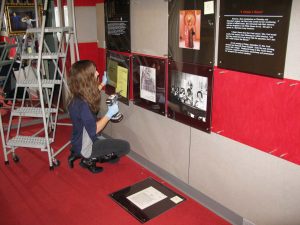 I was also lucky to work in the museum while it closed down for renovations. This created a special project for the interns because we helped take down the entire core exhibit in the main part of the museum. This exhibit included artifacts that had not been handled in years like Watergate break-in tools, Betty Ford’s inaugural dress, Nixon’s pardon, and various head of state gifts. Working with these artifacts and experiencing that part of history in a tangible way was certainly an amazing experience.
I was also lucky to work in the museum while it closed down for renovations. This created a special project for the interns because we helped take down the entire core exhibit in the main part of the museum. This exhibit included artifacts that had not been handled in years like Watergate break-in tools, Betty Ford’s inaugural dress, Nixon’s pardon, and various head of state gifts. Working with these artifacts and experiencing that part of history in a tangible way was certainly an amazing experience.
When I started the internship, I was not sure how my education at Hope would apply to the job. I had never worked in a museum, but my job went beyond just technical skill. I worked on researching and writing about artifacts, a job aided by the historical writing skills my professors taught me. When writing about an artifact, I knew how to put it within a historical context. This ability made the entire learning experience richer.
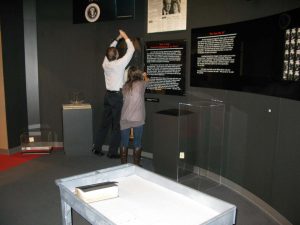 This museum internship is a job that I will remember for a long time. I learned so many lessons, skills, and how to balance a school semester and work. Most importantly, however, I learned about Gerald R. Ford and the American presidency. Handling artifacts created a real approach to history, and helped me understand Ford a president, but most importantly, as a human.
This museum internship is a job that I will remember for a long time. I learned so many lessons, skills, and how to balance a school semester and work. Most importantly, however, I learned about Gerald R. Ford and the American presidency. Handling artifacts created a real approach to history, and helped me understand Ford a president, but most importantly, as a human.
I was privileged to work with people who understood and cared about the Fords as people, but also cared deeply about history. My supervisor, Jamie, and the curator, Don, taught me more than just the tactical side of museum work, but instilled important lessons about American history that I will be able to use in my future. I am fortunate to have worked under a relatively unknown President, and I hope that I can take this new knowledge and apply to both my History and Political Science majors, as well as teach others about President Gerald R. Ford.
If you are in the Grand Rapids area, go check out the newly renovated Gerald R. Ford Presidential Museum!


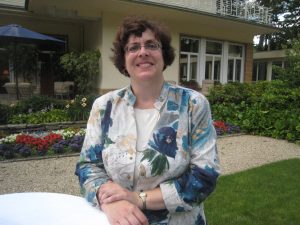 I am writing from Vienna, Austria, where we have just finished six weeks of May and June classes, and celebrated the sixtieth anniversary of the Hope College
I am writing from Vienna, Austria, where we have just finished six weeks of May and June classes, and celebrated the sixtieth anniversary of the Hope College 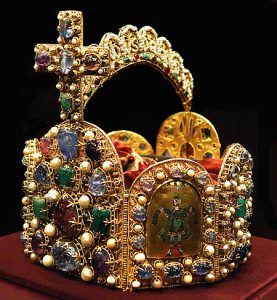 In Vienna, I teach the interdisciplinary humanities general education course, which combines history, philosophy, and literature. We focus on the theme of empire, and we take advantage of many of the cultural opportunities available in Vienna. Together, we visited Schönbrunn Palace, the imperial Habsburg tombs, the imperial treasury (where we saw the crown of the Holy Roman Empire, pictured here), and the Museum of Military History. Because this is the 100th anniversary of the death of the Emperor Franz Joseph, there were lots of chances to see exhibits focused on his life and times.
In Vienna, I teach the interdisciplinary humanities general education course, which combines history, philosophy, and literature. We focus on the theme of empire, and we take advantage of many of the cultural opportunities available in Vienna. Together, we visited Schönbrunn Palace, the imperial Habsburg tombs, the imperial treasury (where we saw the crown of the Holy Roman Empire, pictured here), and the Museum of Military History. Because this is the 100th anniversary of the death of the Emperor Franz Joseph, there were lots of chances to see exhibits focused on his life and times.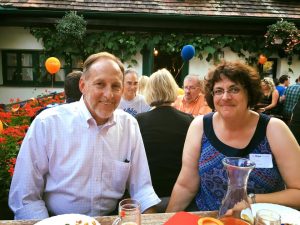 This past weekend, we had a wonderful celebration in the Vienna Woods, attended by this year’s Hope Vienna students, as well as alumni, family, and friends of Hope College.
This past weekend, we had a wonderful celebration in the Vienna Woods, attended by this year’s Hope Vienna students, as well as alumni, family, and friends of Hope College. 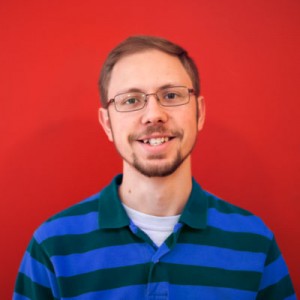 Studying history at Hope College helped keep me from becoming a snob. It turns out that this gives you a greater advantage in the world of work than you might realize. What do I mean? Well, before I get into that, let me give you some background on how I got where I am today.
Studying history at Hope College helped keep me from becoming a snob. It turns out that this gives you a greater advantage in the world of work than you might realize. What do I mean? Well, before I get into that, let me give you some background on how I got where I am today.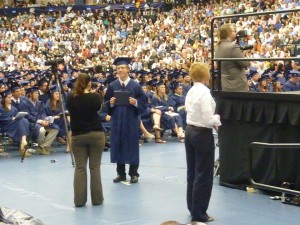 But what does my job have to do with being a history major and not being a snob? Well, there’s nothing like studying history to cure a person of “chronological snobbery,” which the great C.S. Lewis describes in Surprised by Joy as “the uncritical acceptance of the intellectual climate common to our own age and the assumption that whatever has gone out of date is on that account discredited.” Young, twenty-first-century Americans are perhaps even more prone to this error than most, so I could have easily fallen prey to it. Learning to understand and appreciate people who lived in different times and places is one of the hallmarks of an education in history, and when done properly it eliminates chronological snobbery. It also kills other forms of snobbery and fosters many transferable skills.
But what does my job have to do with being a history major and not being a snob? Well, there’s nothing like studying history to cure a person of “chronological snobbery,” which the great C.S. Lewis describes in Surprised by Joy as “the uncritical acceptance of the intellectual climate common to our own age and the assumption that whatever has gone out of date is on that account discredited.” Young, twenty-first-century Americans are perhaps even more prone to this error than most, so I could have easily fallen prey to it. Learning to understand and appreciate people who lived in different times and places is one of the hallmarks of an education in history, and when done properly it eliminates chronological snobbery. It also kills other forms of snobbery and fosters many transferable skills.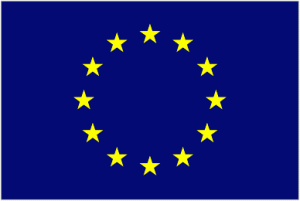 Next week, on June 23, British voters will participate in an historic event, the United Kingdom European Union (EU) membership referendum, popularly known as Brexit. At this moment polling reveals a razor-thin margin in favor of leaving.
Next week, on June 23, British voters will participate in an historic event, the United Kingdom European Union (EU) membership referendum, popularly known as Brexit. At this moment polling reveals a razor-thin margin in favor of leaving.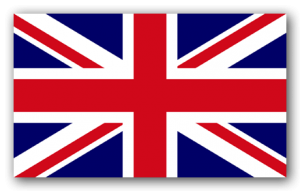 Britons who want to remain in the EU believe that departure would not only undermine their country’s economy but as well marginalize the UK’s role in Europe and globally. Younger Britons are generally comfortable with a multicultural society and prize the ease with which they can travel to or work in the 28 EU nations. A survey released last week by the Pew Research Center found that 57 percent of those 18 to 34 years old in Britain had a favorable view of the European Union, compared with 38 percent of people 50 and over.
Britons who want to remain in the EU believe that departure would not only undermine their country’s economy but as well marginalize the UK’s role in Europe and globally. Younger Britons are generally comfortable with a multicultural society and prize the ease with which they can travel to or work in the 28 EU nations. A survey released last week by the Pew Research Center found that 57 percent of those 18 to 34 years old in Britain had a favorable view of the European Union, compared with 38 percent of people 50 and over.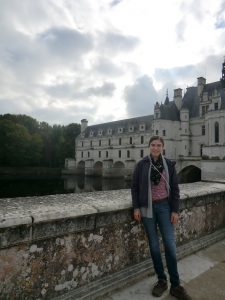
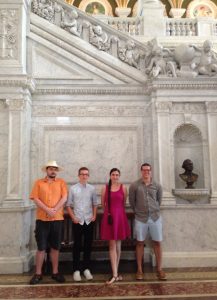
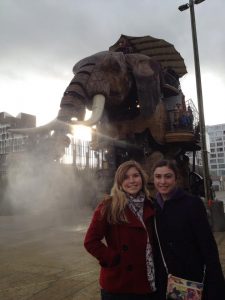
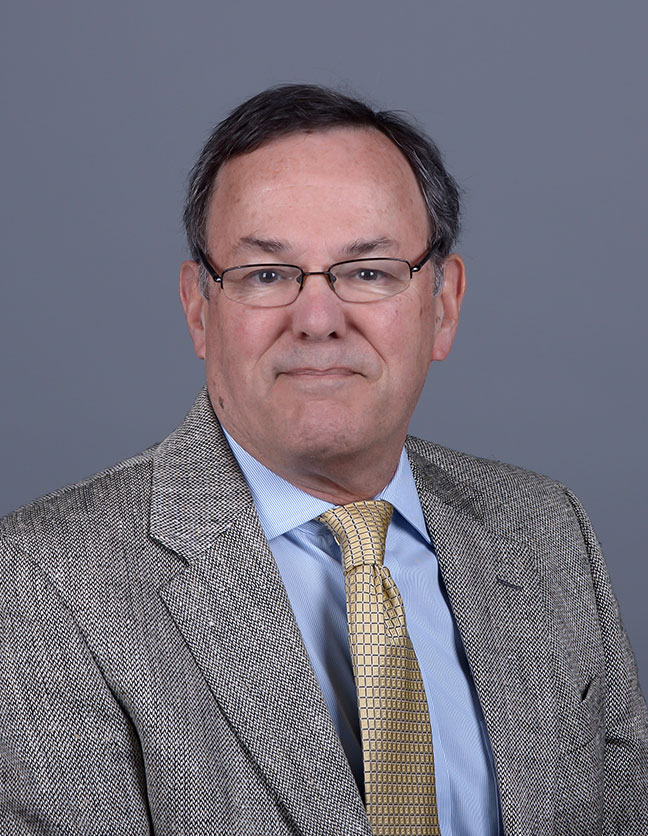 Most of you know that after a wonderful 33 years teaching at Hope and an especially delightful 6 years chairing the History department, as of June 30 I will have retired; professor emeritus will be my title. (I looked up emeritus: it’s Latin for “out of merit,” which seems about right for me).
Most of you know that after a wonderful 33 years teaching at Hope and an especially delightful 6 years chairing the History department, as of June 30 I will have retired; professor emeritus will be my title. (I looked up emeritus: it’s Latin for “out of merit,” which seems about right for me).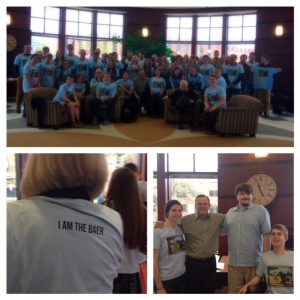 To be serious for just a moment, I’ve had a wonderful sendoff. Students in the last 2 classes I will have taught—Introduction to Modern European History and British and Irish History since 1700—said some nice things; some conspirators organized a mass tee-shirt event as part of our department’s end of the year celebration/appetizer challenge (which, by the way, I lost for like the 10th time in a row); and my colleagues had a lovely dinner event for me, complete with great presents. So I’m feeling very honored.
To be serious for just a moment, I’ve had a wonderful sendoff. Students in the last 2 classes I will have taught—Introduction to Modern European History and British and Irish History since 1700—said some nice things; some conspirators organized a mass tee-shirt event as part of our department’s end of the year celebration/appetizer challenge (which, by the way, I lost for like the 10th time in a row); and my colleagues had a lovely dinner event for me, complete with great presents. So I’m feeling very honored.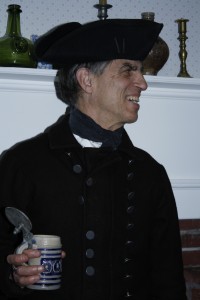
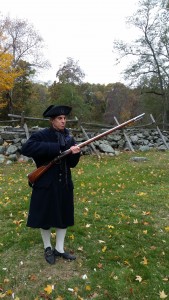
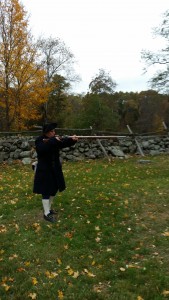
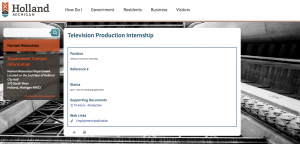 The supervisors for this internship encourage students to pursue projects that students find an interest in. With a large availability of technological resources, and a variety of local events, this internship will provide for the student majoring in history an option to expand his/her interests in the digital humanities, an ever growing field of study encompassing a variety of disciplines.
The supervisors for this internship encourage students to pursue projects that students find an interest in. With a large availability of technological resources, and a variety of local events, this internship will provide for the student majoring in history an option to expand his/her interests in the digital humanities, an ever growing field of study encompassing a variety of disciplines.